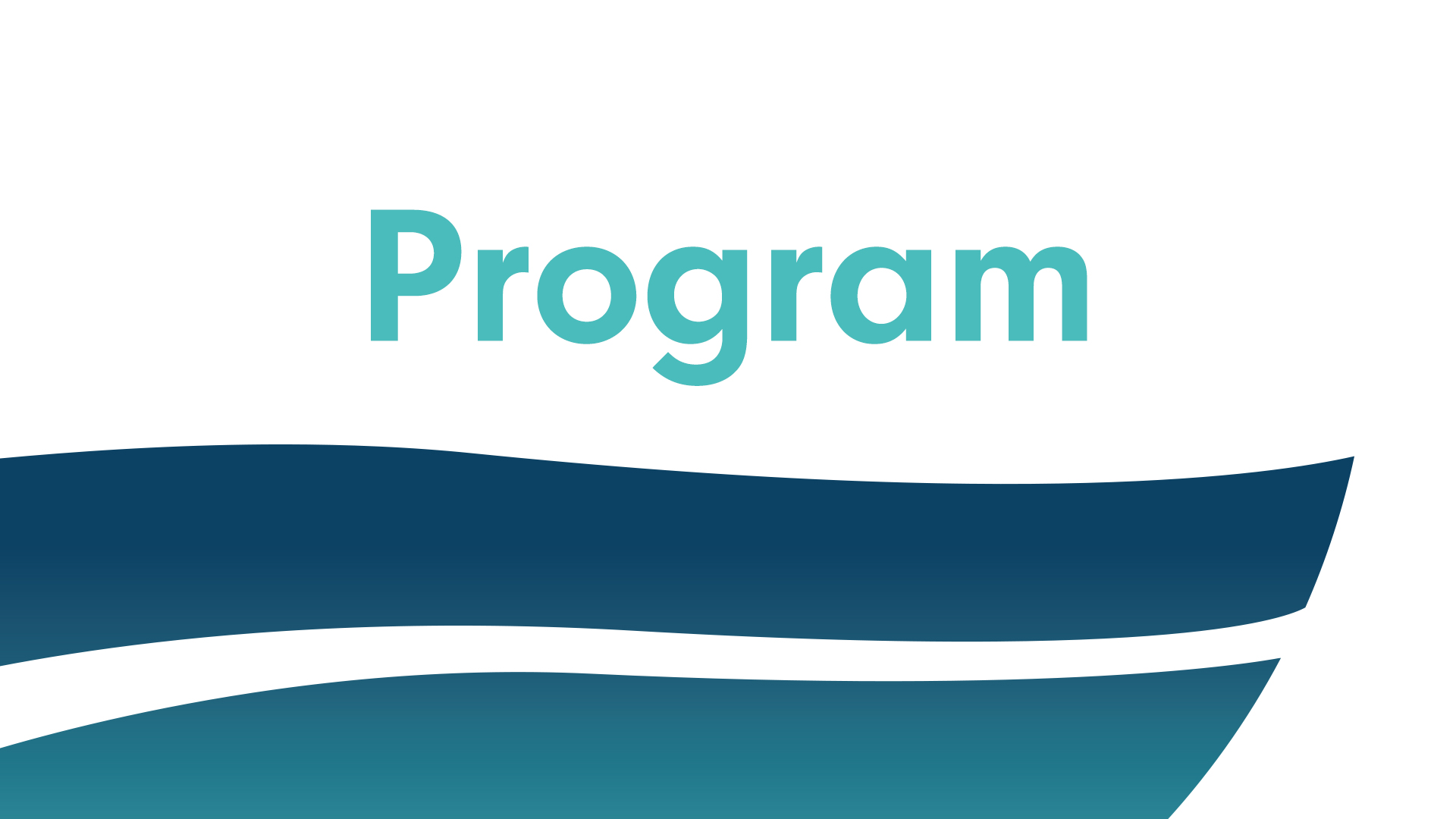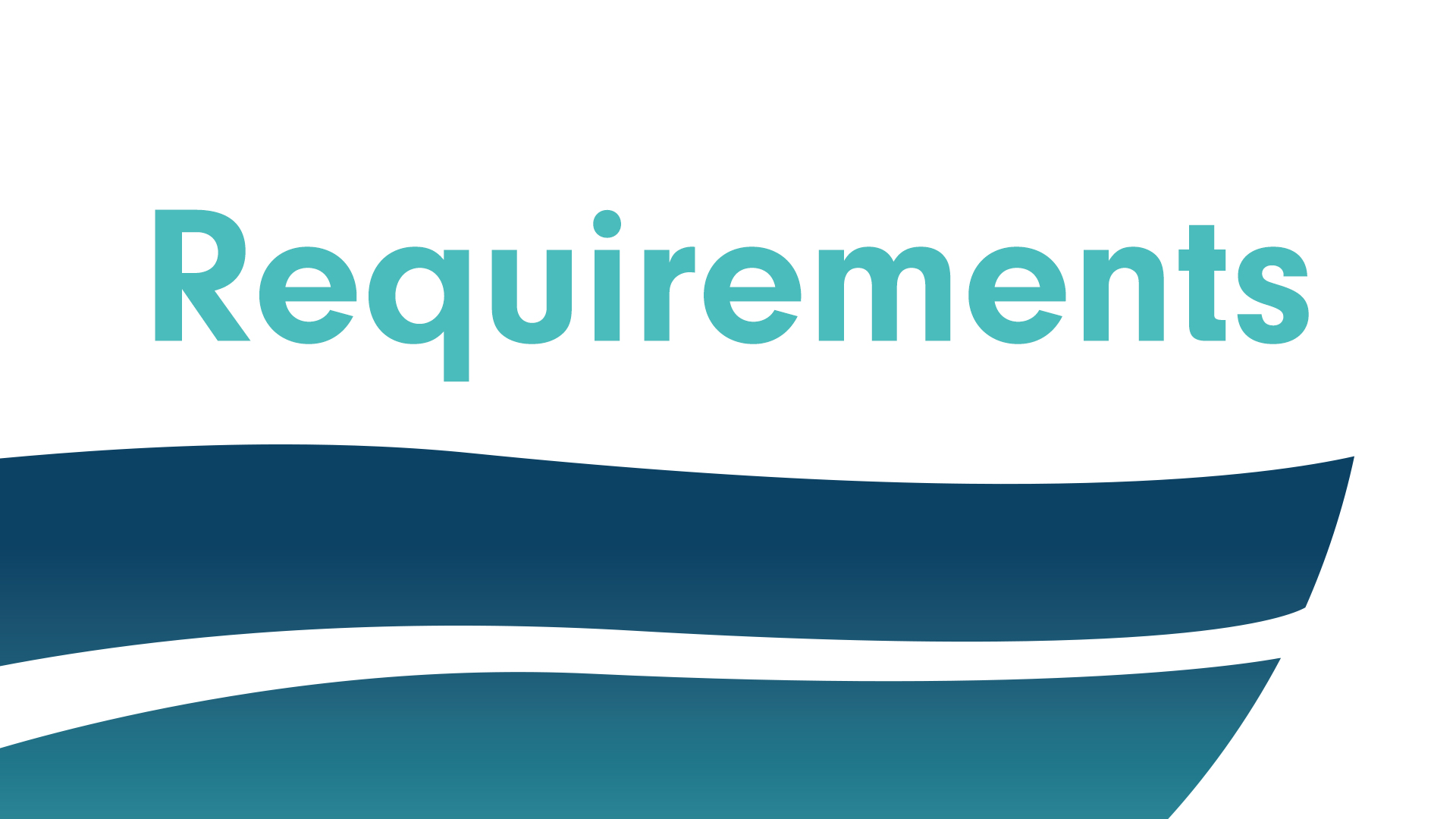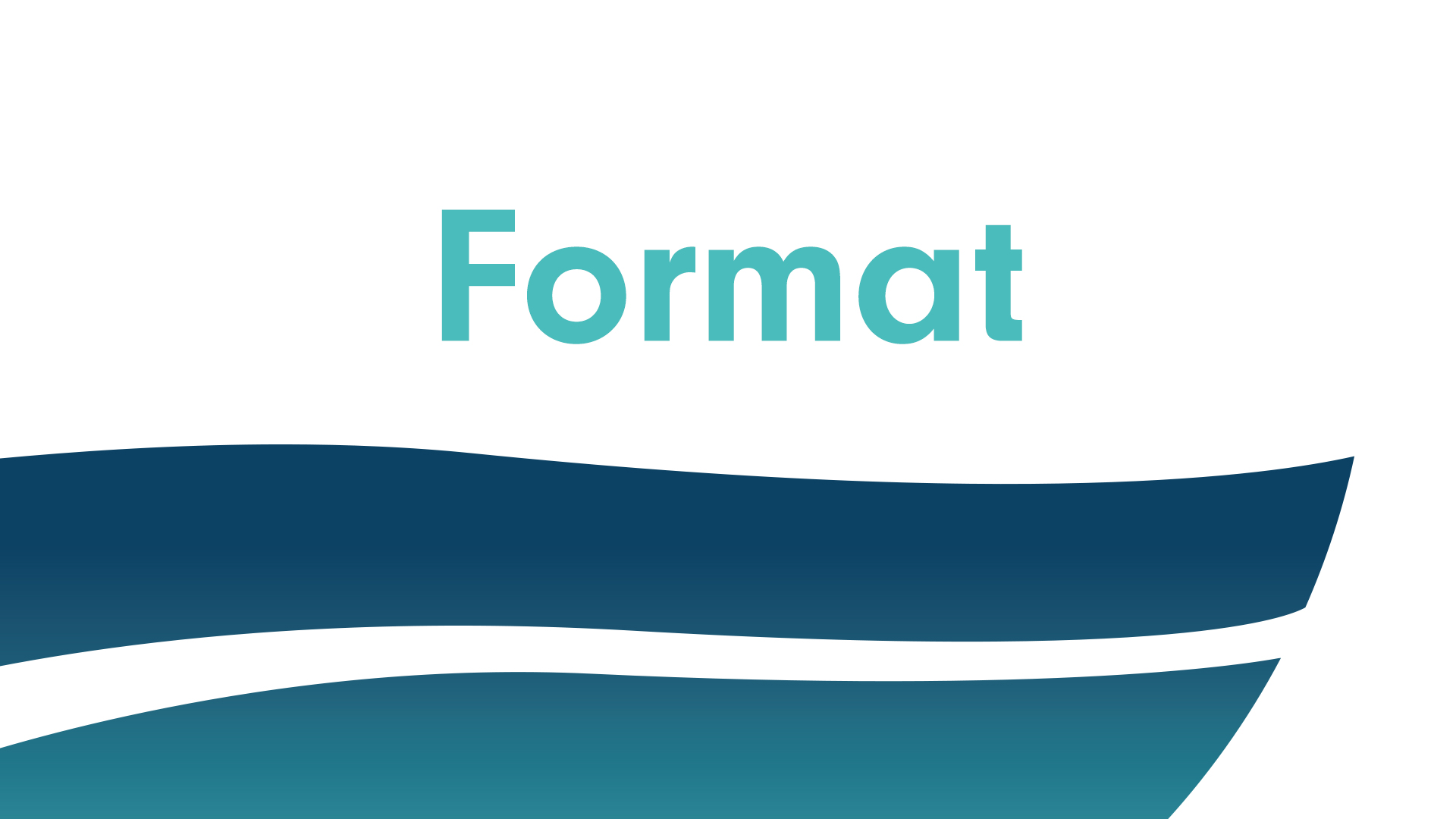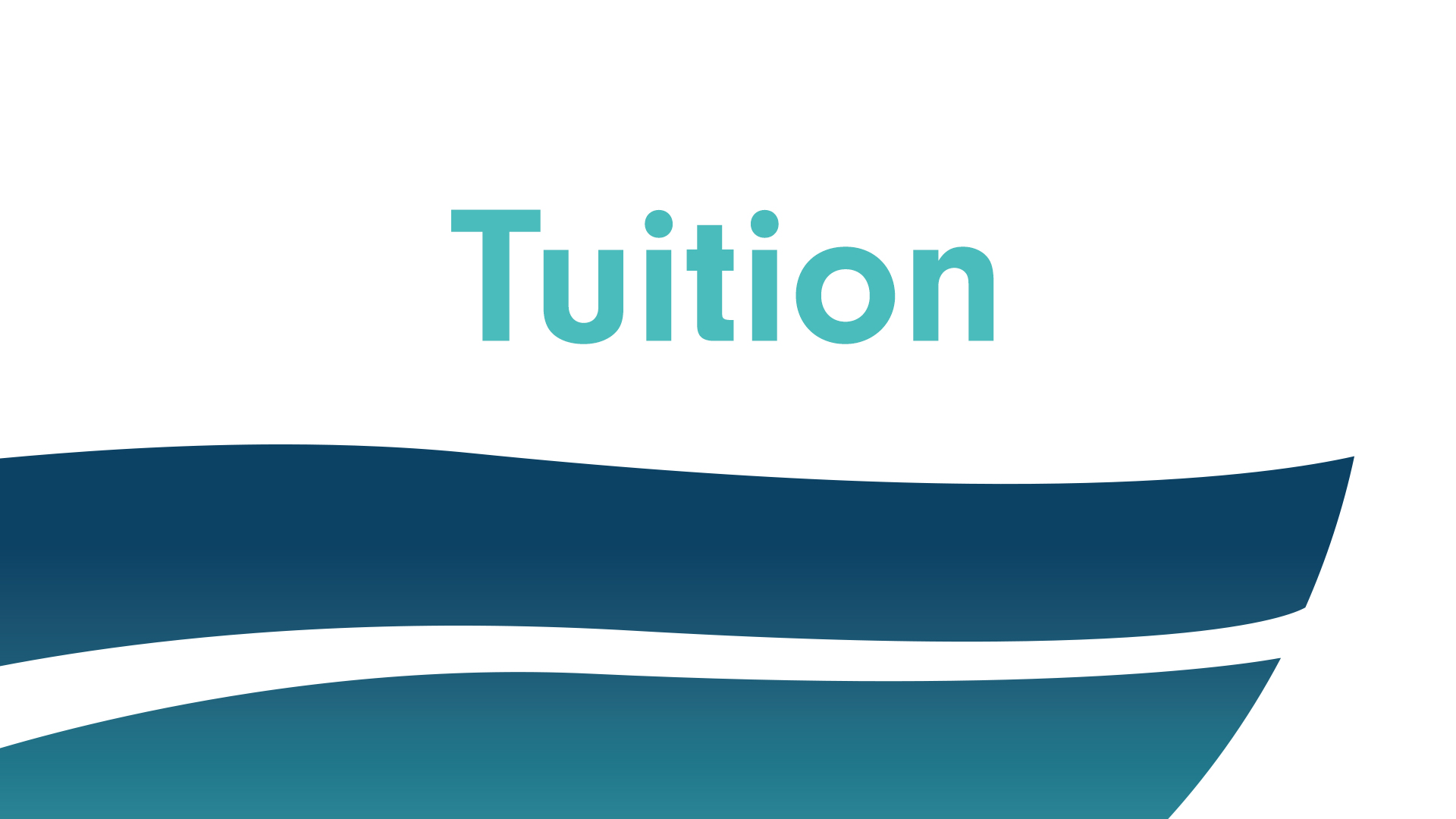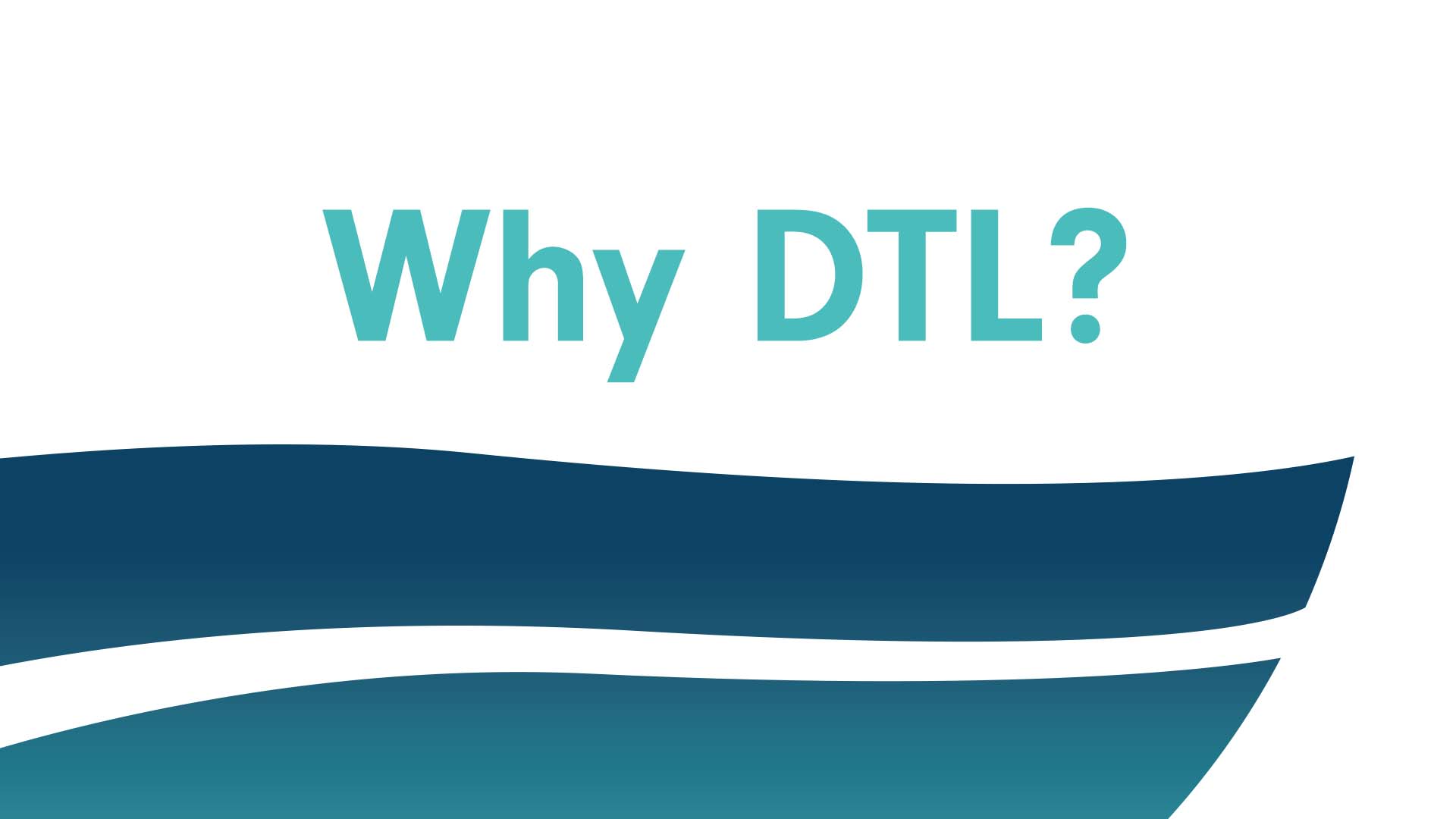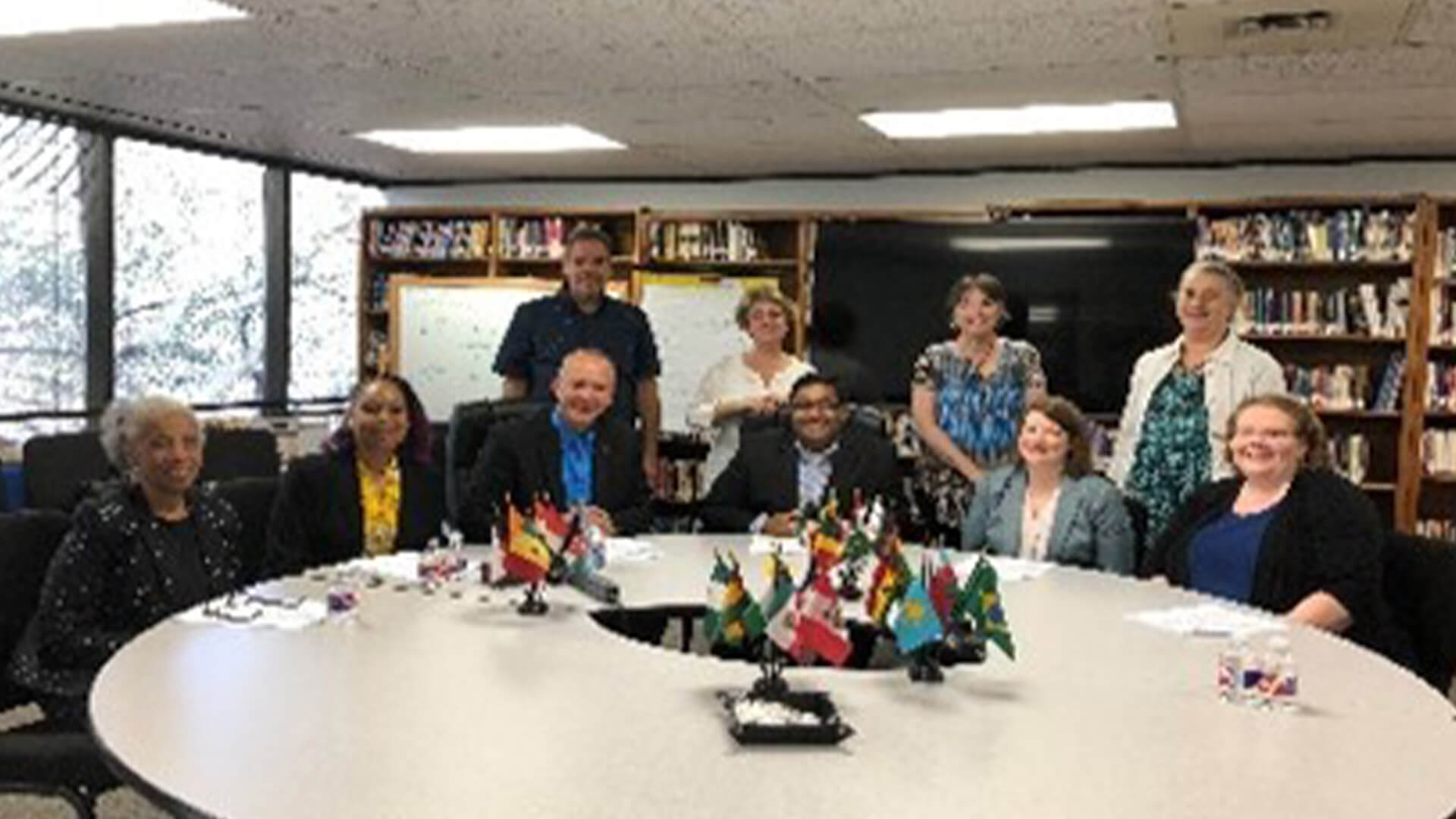
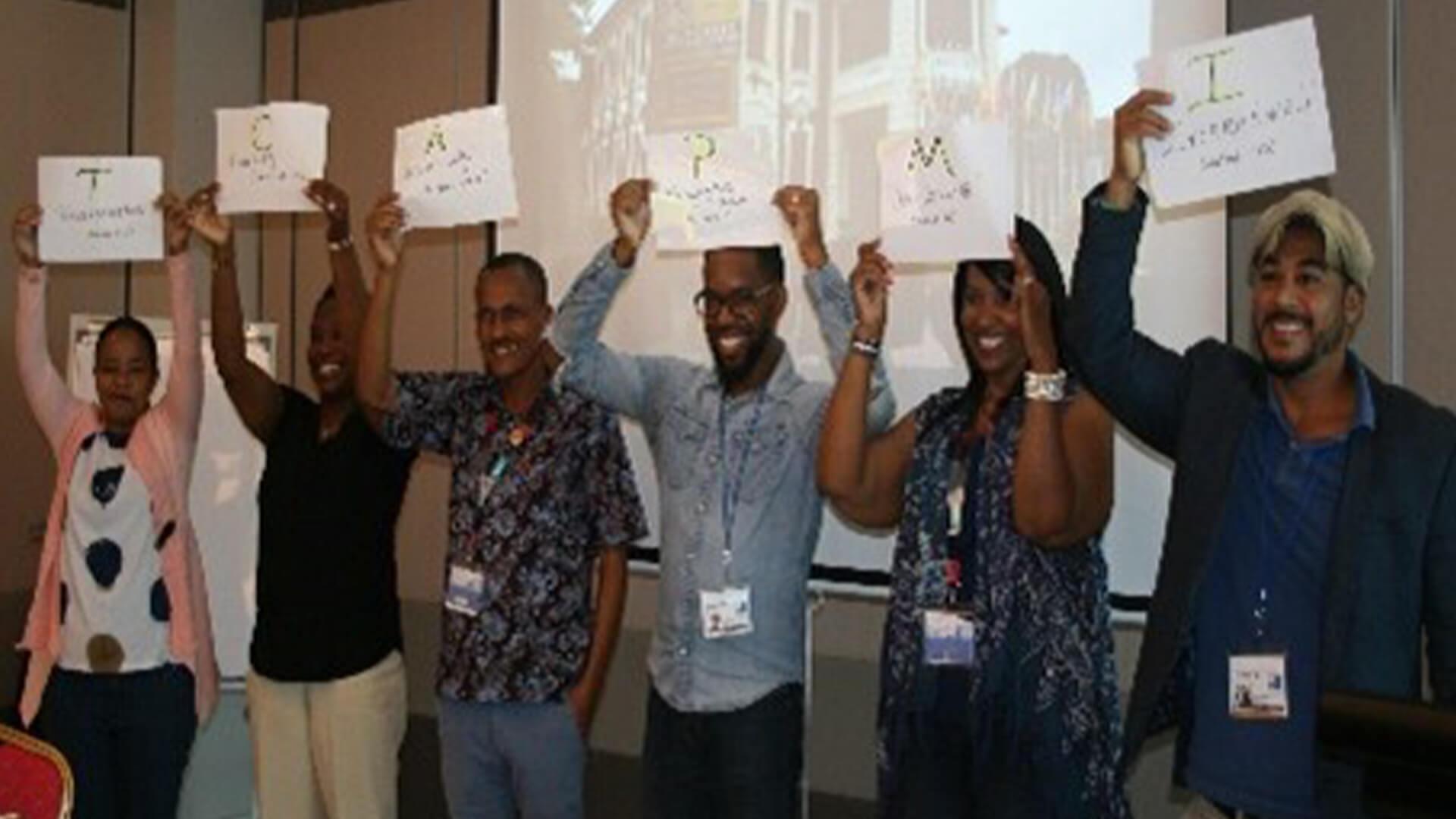
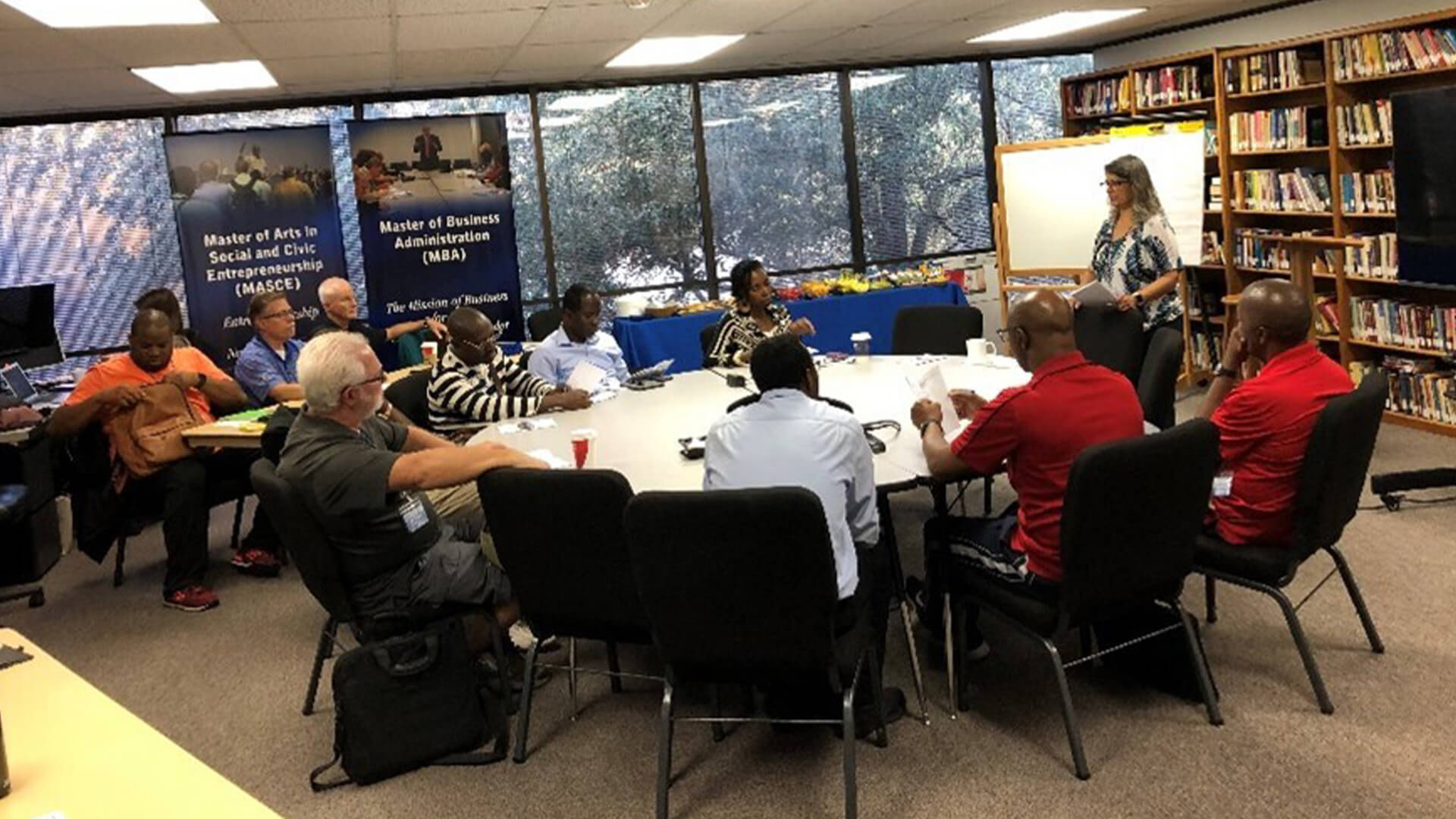
About DTL
Welcome to the Doctor of Transformational Leadership (DTL)! We are excited to hear about your interest in our DTL Program. God has designed the unique aspects of the DTL to meet the needs of an elite group of global servants and leaders who desire to make transformational change wherever they are planted and those who seek to transform their contexts in favor of God’s mission and plan. The program provides for the advancement of Kingdom principles across all borders and in all types of organizations.
The DTL is specifically for leader-practitioners assigned to organizations that are focused on urban relief, development or advocacy, education, counseling, business management, administration, entrepreneurship, or cultural influence from a Christian perspective. This includes all types and sizes of organizations: non-profits, for-profits, privately held, publicly traded, and Governmental/Non-Governmental from the city or community level to the country or continent. It attracts leaders who serve in both cross-cultural and diverse political and organizational settings. We have students, faculty, and alumni from 65 countries around the world.
DTL leaders become members of a worldwide global network, experience a Bible-based curriculum, enjoy a high-quality educational experience that brings practice and theory together, study contemporary management philosophies such as Theology of Work and Joy at Work, study under a world-class faculty, have 8 time zones represented in our classes and travel to major world cities to assess community development and Christian history that impacts the city’s current conditions, culture, and events.
You are the right DTL candidate if you:
Have an earned a Master's degree?
Desire to conduct research that leads to practical solutions and authentic transformation?
Are you a proven leader in your field, church, organization, or business?
Want to become a member of a worldwide network community of Christian transformational leaders?
Want to be taught by global scholars and experienced faculty?
Want to earn a terminal degree that is tailor-made for you?
DTL Program Description
The DTL Program is ideal for educators, authors, speakers, counselors, social workers, and business consultants focusing on organizational and community change in their own contexts. The DTL Program:
Engages leaders in the process of exegeting their cities and mobilizing city leadership to address the core problems and best opportunities in the city.
Focuses leaders in assessing their own organization’s potential contribution to city transformation.
Equips leaders to discern their gifts and calling; intensify their spiritual development; and create opportunities for transformational influence in the cultures where they live and work.
Culminates with a city consultation project and doctoral final project focused on a transformation process in their city.
Culminates in a change process project and doctoral final project focused on their organizations. Leaders receive specialized curricula based on their areas of specialization.
DTL Program Outline
The DTL degree has three primary options for focus. Required work for your degree will include a total of 40 credit hours. You may take a minimum of two years and a maximum of seven years to complete your degree.
View the DTL Course Calendar on our Calendar Page
Option 1: City Transformation
Engages leaders in the process of exegeting their cities and mobilizing city leadership to address the core problems and best opportunities in their city, culminating with a city consultation project and doctoral final project focused on a transformation process in their city.
Option 2: Entrepreneurial Organizational Transformation
Focuses on leaders assessing their own organization’s potential contribution to city transformation culminating in a change process project and doctoral final project focused on their organization. Leaders in the following areas receive specialized curricula:
Non-profit/NGO leaders: Focuses on the non-profit in any global context.
Transformational Business leaders: Focuses on the business context.
Leadership Foundations: Focuses on the Leadership Foundation context.
Emerging Urban Leaders: Focuses on the student ministry context.
North American Urban Leadership: Focuses on North American urban contexts, including non-profit leaders.
Option 3: Cultural Transformation
Equips leaders to discern their gifts and calling; intensify their spiritual development; and create opportunities for transformational influence in the cultures where they live and work.
Option 4: Creative Transformation
This option allows leaders to choose the courses for 50% of the degree plan, the highest percentage of any DTL plan. DTL students choosing this option will work with the DTL Director/Advisor to develop a unique, customized academic plan based on their research area of interest.
Dissertation
The DTL program concludes with a Final Project, which is based on the student’s degree focus within the leadership context.
Please contact Paulette Jordan to set up an appointment for assistance in planning out your classes for the next few years. Use the Program Worksheets (downloadable Word document) to plan out your degree, drawing from the two-course calendars.”
DTL Degree Requirements
The Doctor of Transformational Leadership (DTL) is designed for leaders in organizations that are focused on urban relief, development or advocacy, or cultural influence, from a Christian perspective. These organizations can be non-profit, for-profit, or government entities. The DTL degree does not require an MDiv as a pre-requisite but an earned master’s degree from an accredited institution in any field is a requirement.
This degree emerged from two needs faced by BGU students and potential students. First, with the addition of two new BGU business masters’ degrees, BGU has found leaders who would like to continue their studies in business and organizational leadership but they are not in a local church setting, and a DMin is not exactly right for them. Second, many BGU students work in countries where the word “ministry” is either a confusing or a negative political term and the DTL is a degree that serves the needs of leaders in both cross-cultural and diverse organizational and political settings.
DTL Course Format
BGU's degree programs include courses fully online conducted using a Learning Management platform, as well as virtual weekly Zoom meetings. As a general rule, each course will be divided into the following format:
A weekly journal of thoughts and learnings that the student is experiencing.
Weekly discussion groups on topics appropriate to the syllabus
Weekly Zoom meetings with global leaders from around the world facilitated by highly qualified faculty
Current and classic readings from both required and recommended resources. Many of the books are available digitally in the BGU library.
A 10-day residential global city immersion with a focus on research.
Individual advising and mentoring.
DTL Faculty creatively engages learners throughout the educational experience. They are committed Christian leaders, experts, and professionals from all walks of life. They have extensive field and teaching experience, are members of hundreds of professional associations, are published authors, and many are fluent in several languages.
The DTL will take a similar format to BGU’s current DMin:
An Immersion section (8 credits) that introduces students to new global city themes and paradigms. While the DMin requires 16 hours in this section including cross-continent exposure, the DTL will require 8 hours with opportunities for students to expand this to 16 hours if they feel the added exposure will enhance their doctoral final project. For many students, the DTL will add a section between the Immersion and Project Design course that will be an Organizational Assessment course (8 hours) which is in the place of the DMin Immersion 2 cross-continent exposure course.
A Project Design / Methodology Course (2 credits) which helps a student develop their project. Unlike BGU’s current DMin Research Bridge which focuses heavily on Bible research and communication as the basis for the dissertation project, the Project Design course will focus more on organizational needs and leadership issues.
Electives (12 credits) are focused on the three primary areas of focus listed above.
Doctoral Final Project (8 credits) is focused on an organizational or city-wide project, unlike the DMin which has a strong emphasis on Biblical communication or a local church-based project.
DTL Program Tuition and Fees
Tuition for 40 credits:
Immersion (8 Credits) | $ 4,400.00 | (at current rate of *$550 per credit) |
ASM or IUL (8 credits) | $ 4,400.00 | (at current rate of *$550 per credit) |
Research (4 credits) | $ 2,200.00 | (at *$550 per credit) |
Specialization/Elective (12 credits) | $ 6,600.00 | $ 4,200.00 (3 courses *$550 per credit) |
Dissertation (8 credits) | $ 4,400.00 | (at *$550 per credit |
Total Tuition | $ 22,000.00 |
Additional Estimated Fees & Expenses
Administrative Fees | $ 930.00 | (1 Immersion and 8 online courses) |
Airfare | $ 1,000.00 | (Immersion and graduation; varies w/country) |
Lodging | $ 800.00 | (Immersion and graduation; varies w/country) |
Meals | $ 300.00 | (Immersion and graduation; varies w/country) |
Annual Resource Fees | $ 720.00 | (calculated at 3 years; currently $60 per module) |
Graduation Fee | $ 500.00* | |
Technical & Second Reader fees | $ 500.00 | |
Cap & Gown | $ 200.00 | (Only if student attends ceremony) |
Books | $ 1,000.00 | |
Miscellaneous | $ 400.00 | |
Total Additional Est. Expenses | $ 6,300.00 | |
Total Est. Cost of DTL | $ 28,300.00 |
Monthly Interest-Free Payment Plans are available.
1 **These costs are approximate for an entire program at Bakke Graduate University and incorporate projected tuition increases over the next few years. They are only estimates and not exact; however, it can give you a rough outside estimate for the total program cost.
The Additional Estimated Expenses are estimated high and reflect costs for students who live outside of the United States and/or those who will be taking courses that require more travel and lodging. Therefore, these will be variable depending on the location of a student and course choices.
DTL Admissions Process
DTL admissions are based on a selection process conducted by the Academic Cabinet (AC). The AC reviews each application thoroughly to determine the applicant's qualifications as well as compatibility of the university programs to the applicant's educational goals. The applicant will be presented to the AC for consideration after all required application materials have been received by the university. Terms start annually in January, April, July, and October.
Once an application is submitted, the applicant enters the “Application Pending” status. In that status, applicants have up to 9 months to submit the additional required documentation to complete the application file. Any application that is not completed within 9 months will expire. Applicants who have confirmed with the Registrar that they intend to take classes as part of a Preliminary Period shall have one year to complete the required courses to advance in the application process
When the application has been approved, a letter of acceptance will be emailed to the applicant. The applicant signs a Student Agreement where he/she formally accepts the offer to become a BGU student and agrees to pay tuition and fees for all courses taken at BGU.
Applicants are permitted to take up to two classes (maximum 6 credits for master’s applicants or 8 credits for doctoral or Ph. D. applicants) before being admitted into a BGU degree program. Applicants must understand that they are taking these classes at their own risk since there is no guarantee of admission into the desired program. Applicants must also understand they are taking these classes at their own expense. Only accepted students may apply for Federal Aid and any BGU scholarships, which are not retroactive.
Transfer of Credits
A maximum of 20 credits of related doctoral-level work may be transferred into the DTL program at the discretion of the Academic Cabinet.
GPA Requirement
Students who have a doctorate should maintain a minimum cumulative GPA of 3.0.
DTL Admission Requirements
The Doctor of Transformational Leadership (DTL) is designed for leaders in organizations that are focused on urban relief, development or advocacy, education, counseling, business management, or cultural influence, from a Christian perspective. Are you facing a challenge in your local community, organization, ministry, or career field that you would like to discover transformative solutions for through conducting empirical research? Would you be interested in publishing your findings to advance the Kingdom of God worldwide? Do you want to study with other global Christian leaders who are willing to network and pour into each other throughout the learning experience and beyond? Then, the DTL is the degree for you.
Potential students include Christian leaders working in a variety of settings at all levels, career experts, and practitioners who want to transform practical dilemmas through empirical research. The following summarizes DTL admission requirements:
1. Online Application (with an essay, references, and signed agreements from 3 Professional Learning Community members.
2. Application Fee non-refundable $50.00
3. Official Transcripts must be mailed directly from the school granting the highest degree earned. (If lower degrees are not listed on the official transcript, the applicant may be asked to provide unofficial transcripts for those degrees.)
4. A Master's degree in any subject from an accredited institution
5. Leadership Experience: a minimum of five years of influence in a specific sector of society (e.g., private, public, non-profit/NGO, business, government, social service, ministry, etc.).
6. English Language Proficiency
Each student must demonstrate English proficiency by: (1) demonstrating that English is his/her native language, (2) by having successfully completed an undergraduate or graduate program in which English is the primary method of instruction, or (3) exhibiting sufficient English-language capabilities to succeed in the classroom and in the BGU DTL program as measured by a minimum score of 80 on the Internet-based TOEFL or TOEFL-equivalent exams taken within the last five years. As an alternative to the TOEFL, BGU will accept the IELTS (International English Language Testing System), where the students have scored 6.5 or better.
7. Mainland China: If the student is from Mainland China, he or she will be required to attend the Total Immersion Program (TIP) that is held at Beijing University and must present a copy of the certificate that is awarded upon the completion of that program. All students who are admitted using the TIP will be admitted on a conditional basis. Once the student has successfully completed their first three courses (12 credit hours), they may be admitted under regular status if their course performance has proven satisfactory for graduate-level work.
8. Digital Photograph
9. Photo Identification: For all applicants: A photocopy of a valid passport (photo page).
For all applicants applying for a student loan/FAFSA: Proof of US citizenship or US residency: (Must be a US Passport or US Birth Certificate and Driver’s License or a valid US residency/green card.
Why DTL?
Read the story of Dr. Christa Smith-Kingston: "Working on DTL was transformational in and of itself, discovering joys in qualitative research. At BGU, I’ve been able to do those together and it worked well. Studying has been just wonderful. I loved the dissertation process. That was transformational." Read more.
Watch Christa's video interview HERE.
Read and watch the story of Dr. Matthew Mbanga: Matt served small-scale farmers in a rural area of Zimbabwe where he taught Zimbabweans to apply the gospel of Jesus Christ to their lives through training in leadership and conservation agriculture. Read more.
Watch Matt's video HERE.
Read the story of Bishop Sean Crowley: "The DTL offers you an opportunity to not only learn in the online classroom setting but also teaches you how to transform your own leadership as a practitioner. The DTL connected me with successful business and economic developers, presidents, and CEOs who helped me to see the vision for my project." Read more.
Read the story of Dr. Vatreisha Nyemba: "My dissertation was about Christian Community Development (CCD) in Cleveland. I looked at how the principles of Christian community development could help the body of Christ throughout the county, and how could those principles really help us to begin to mobilize a transformational movement." Read more.
Watch Vatreisha's video interview HERE.
Read the story of Dr. Heather Harrison: "I can say I have truly been stretched, challenged, and transformed. BGU has afforded me the opportunity to work alongside amazing leaders all over the world." Read more.
Read the story of Dr. Clifford Kuyokwa: "I am so grateful that today in Malawi, I am one of the young, energetic and very passionate leaders to help transform our country." Read more.
Watch Clifford's video interview HERE.

